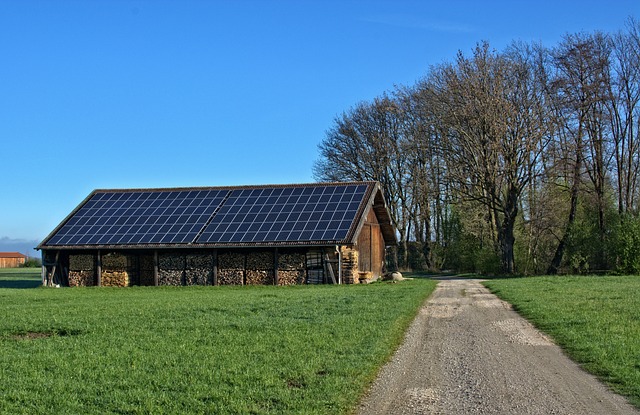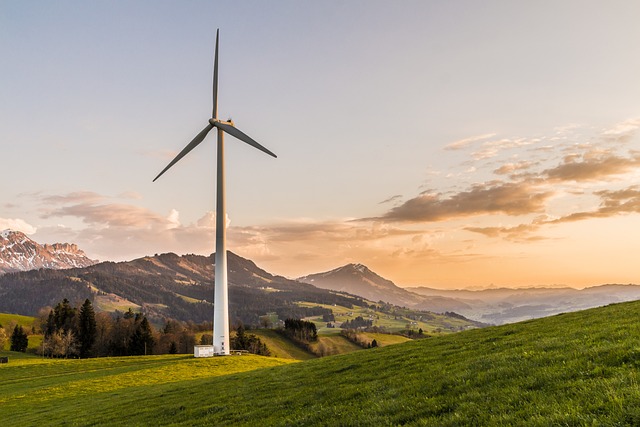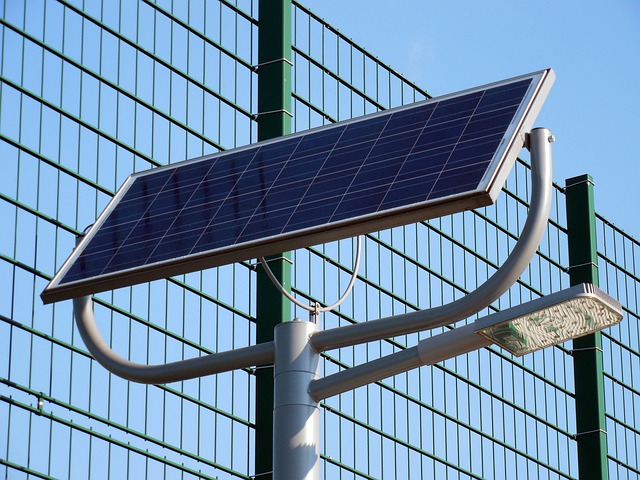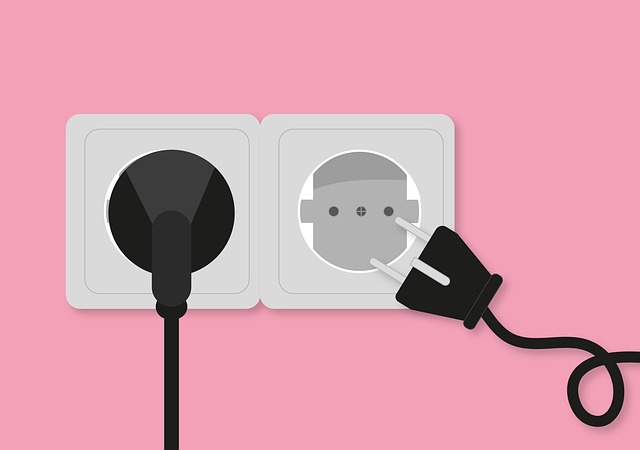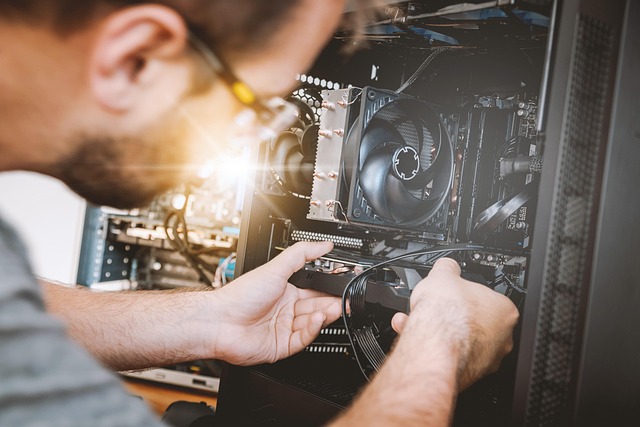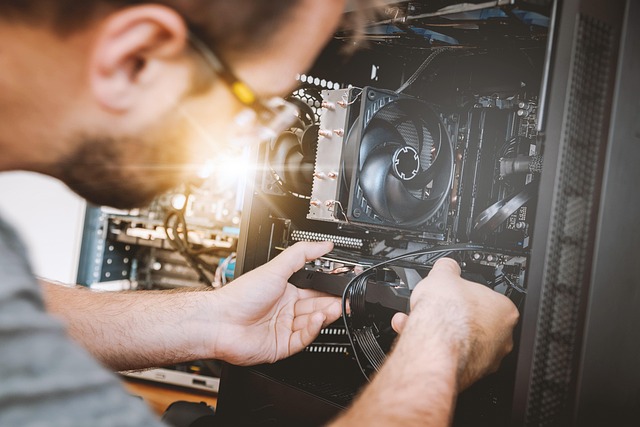In today's real estate market, wall insulation and energy-efficient HVAC systems are vital for property value and cost savings. Eco-friendly technologies reduce carbon footprints, improve comfort, and appeal to environmentally conscious buyers and tenants. Smart insulation materials, as part of a broader trend towards sustainability, enhance asset viability by differentiating properties in a competitive market.
“Elevate your real estate game with strategic energy-efficient solutions. This comprehensive guide explores two powerful strategies: wall insulation and advanced heating/cooling systems. Discover how these essential practices not only reduce energy costs but also enhance property value. From understanding the ins and outs of wall insulation to embracing cutting-edge eco-friendly technologies, this article equips investors with insights for successful, sustainable real estate ventures.”
Understanding Wall Insulation for Energy Efficiency in Real Estate

In the real estate market, energy-efficient homes are increasingly becoming the norm, and wall insulation plays a pivotal role in achieving this. Understanding the importance of proper wall insulation is key to enhancing the value and appeal of any property. By creating an effective barrier, it acts as a shield against extreme outdoor temperatures, thereby reducing heating and cooling costs significantly.
This process involves installing materials that trap air within their structure, creating a thermal resistance that slows down heat transfer. In colder climates, insulated walls prevent heat loss, while in warmer regions, they keep the interior cool by blocking excess heat from entering. This simple yet powerful technique not only contributes to environmental sustainability but also provides long-term savings for homeowners, making energy-efficient properties more desirable in the competitive real estate market.
Efficient Heating and Cooling Systems: A Game Changer for Properties

In today’s competitive real estate market, efficient heating and cooling systems are no longer a luxury but a necessity. These systems play a pivotal role in enhancing property value and attracting potential buyers or tenants. By implementing modern, energy-efficient technologies, homeowners and developers can significantly reduce operational costs while improving comfort and indoor air quality.
Efficient HVAC (Heating, Ventilation, and Air Conditioning) systems offer numerous benefits tailored to real estate. They contribute to a property’s sustainability profile, making it more appealing to eco-conscious occupants and investors. Moreover, these systems often provide better temperature control, ensuring spaces are comfortable year-round without excessive energy consumption. This results in reduced utility bills for owners and tenants alike, adding to the overall desirability of the property.
Integrating Eco-Friendly Technologies: The Future of Real Estate Investments

Integrating eco-friendly technologies is no longer a trend but a necessity in the real estate sector, reflecting a growing awareness of sustainability and environmental responsibility. As investors eye the future, they’re turning to innovative solutions that not only reduce a property’s carbon footprint but also enhance its value. Smart insulation materials, for instance, offer energy efficiency while incorporating natural, renewable resources. These advanced systems not only contribute to a greener planet but also appeal to environmentally conscious tenants and buyers, driving up property values.
The adoption of these technologies is a strategic move that positions real estate investments as forward-thinking and responsible. By embracing eco-friendly practices, developers can differentiate their properties in a competitive market, attracting a broader range of occupants. This shift towards sustainability also aligns with global trends, ensuring that real estate remains a viable and desirable asset class for generations to come.

